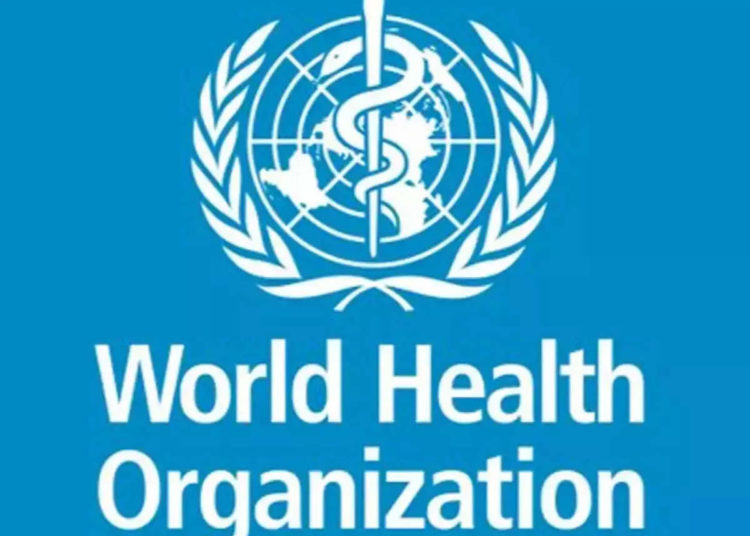A scorecard launched by the World Health Organisation (WHO) has shown that over 91 million Africans live with Hepatitis B or C, which are the deadliest strains of the virus.
WHO, in a statement in commemoration of the World Hepatitis Day 2022, said the Viral Hepatitis Scorecard 2021 which analyses data from the African region but focused on Hepatitis B and C, both of which cause liver cirrhosis and cancer found that in 19 countries, more than eight per cent of the population were infected with Hepatitis B, while in 18 countries, more than one per cent of the population lives with Hepatitis C.
It said in 2020, the African region accounted for 26 percent of the global burden for Hepatitis B and C and 125,000 associated deaths.
“Hepatitis has been called the silent epidemic, but this scorecard is sounding an alarm for the region and the world to hear.
“We must do better and stop this disease from stealing away our children’s future. There is a safe and effective vaccine that offers nearly 100% protection against Hepatitis B, one of the deadliest strains of the virus. We must ensure that all African children are vaccinated within 24 hours of their birth and are followed up with two or more doses of the vaccine, said WHO Regional Director for Africa, Dr Matshidiso Moeti.
The scorecard finds that coverage for routine childhood vaccination against Hepatitis B is 72 percent for the region, well below the global target of 90 per cent needed to ensure that the virus is no longer a public health menace.
“To turn the tide, hepatitis services must move out of specialised clinics to decentralised and integrated facilities where most Africans still seek care. More primary health care workers need to be trained to diagnose and treat the virus.
“While there has been progress in making hepatitis medications affordable, still more needs to be done,” Moeti said.
This year’s World Hepatitis Day has the theme: “Bringing Hepatitis Care Closer to You”.





